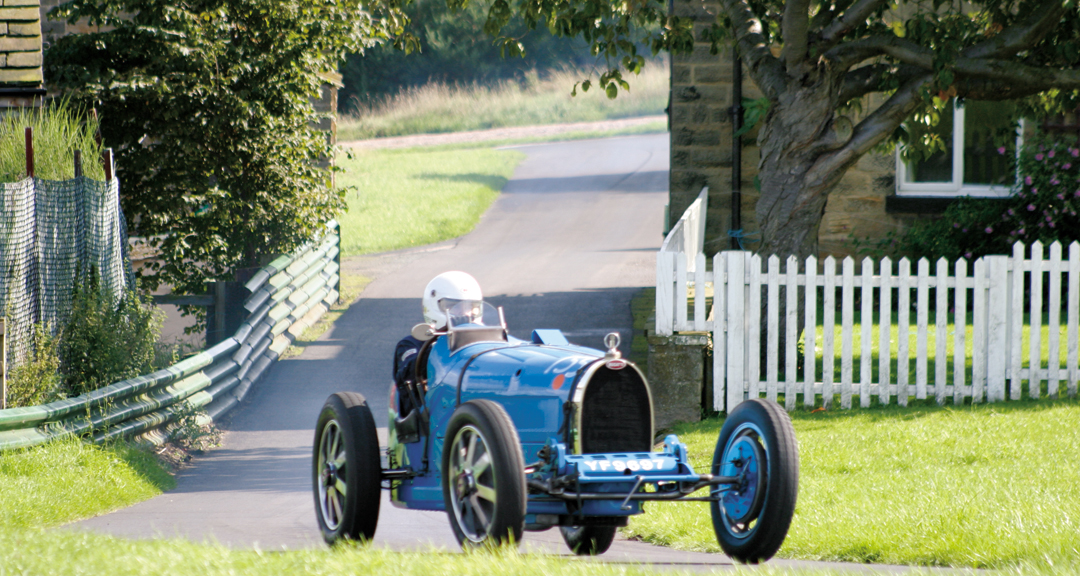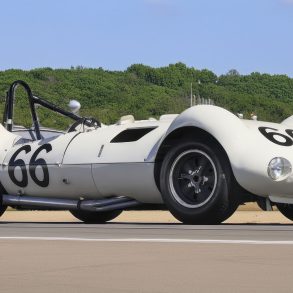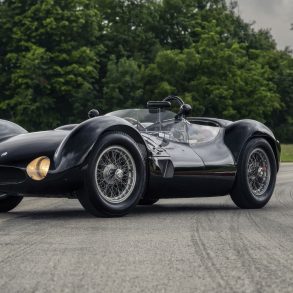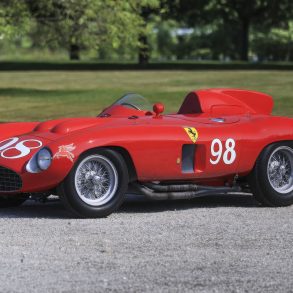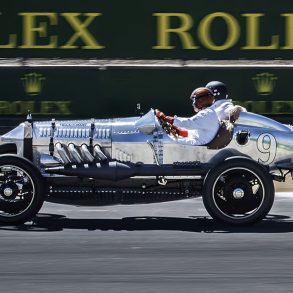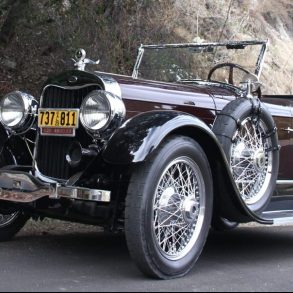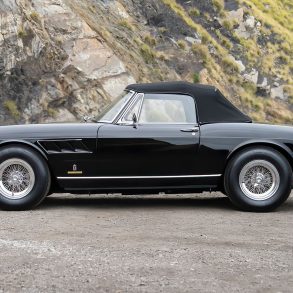A speed hillclimb at Harewood in Yorkshire, England was the climax of a week’s celebration by the Vintage Sports Car Club to mark its 70th anniversary year. The VSCC’s aim is to preserve and encourage the competitive use of sports cars built before 1931, together with selected post-vintage thoroughbred sports cars built prior to 1941. A fine selection turned out on Saturday, August 21. The club organizes more than 30 competitive events every year from racing to rallying, hillclimbs and trials and it has around 7,500 members worldwide. A series of motoring and social events based around nearby Harrogate preceded the Harewood event, which were attended by a large crowd.
The favorite for top honors in the rolling countryside at Harewood, Mac Hulbert in his ERA R4D, was unfortunately forced to withdraw following the morning practice runs when the car refused to fire cleanly. This left the door open for James Baxter in his 1934 3.5-liter Fraser Nash, who stopped the clocks at 67.25 seconds to record the fastest time of the day after two competitive runs on the narrow and demanding climb of just under one mile. The route features a fast downhill stretch followed by a twisting section before blasting through a farm complex leading to a steep run up to the finish. Most of the climb can be seen from the paddock at the top of the hill, where many of the spectators gather to watch up to four cars compete at any one time as they set off at regulated intervals. Some spectators had arrived in vintage cars that made a fine sight, as did the racers setting off for home in the vehicles in which they had competed!
Second overall was Tom Walker in his G.N. Special, who clocked the fastest time in the Vintage class at 70.08 seconds. Much of the appeal of VSCC events lies in the variety of vehicles entered, a few powered by aero engines of 10 liters or more. Among the historic Grand Prix cars was the white 1914 Opel driven by John Bentley, while Johnty Williamson ran his 1923 Delage Land Speed car. A Lancia Lambda and a Fiat 508S were also given their head.
Submitted by Keith Booker


